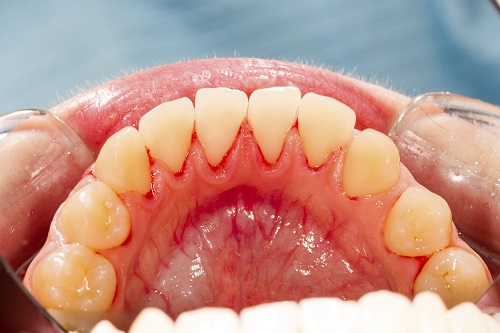 If you have a tooth that has been broken or chipped, or that suffers from decay your dentist will first attempt to fix the tooth with a crown or filling. He may even recommend some other sort of dental procedure to salvage the tooth. In some cases, though, the tooth will be damaged beyond repair and will require surgical extraction.
If you have a tooth that has been broken or chipped, or that suffers from decay your dentist will first attempt to fix the tooth with a crown or filling. He may even recommend some other sort of dental procedure to salvage the tooth. In some cases, though, the tooth will be damaged beyond repair and will require surgical extraction.
There are two types of extractions: a simple extraction and a surgical extraction. A simple extraction is done when the tooth is visible.
Your dentist will loosen the tooth with a special tool called an elevator, and then remove the tooth with forceps from the socket. Surgical extractions are a bit more complex and are used when the tooth either has not erupted or if it is broken or decayed beyond the gum line.
Why Can't My Dentist Save My Tooth?
A tooth that is damaged due to a trauma or excessive decay, along with teeth that are losing bone structure due to periodontal disease and teeth that are overcrowded, may need to be extracted for your own good.
Dentists may also recommend a tooth extraction prior to dental work in an effort to make more space for the shifting of teeth.
Generally speaking, removing a problematic tooth will offer you more relief than hassle. This is especially true in the instance of a decayed or infected tooth. If you have anxiety about the removal of a tooth or teeth express your concerns to your dentist or oral surgeon.
Ask them questions like: what would happen if you did not surgically remove the tooth; do you have any other treatment options; what needs to be done following the surgery; how long is the recovery; will you need an implant; will your insurance cover the procedure? Having answers to questions like these can offer you peace of mind when you are suddenly faced with the reality that your tooth requires surgery.
Please contact us if you have any questions about tooth decay.